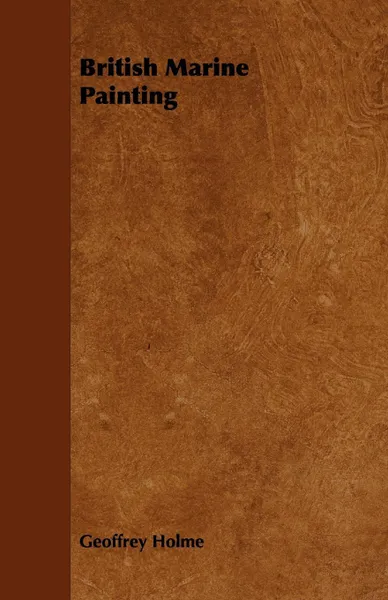British Marine Painting 12+
Автор: Geoffrey Holme
2008
136 страниц
Категория: Искусство и культура
ISBN: 9781443753463
Язык: Английский
📓 INTRODUCTION THERE are few features of human history more startling and unaccountable than that intellectual frost which arrested the growth of natural science at a point of precocious and prosperous development. In the fourth century before Christ, Aristotle laid the foundations of a sound system of zoology, based on original research and observation a system which only required correction and expansion by the co-operative labours of succeeding generations of students to embrace all living creatures in their right relation to each other. In regard to aquatic animals, especially, Aristotle had a very keen discernment, surprising in a student who, so far as is known to us, enjoyed no mechanical aid to vision. He neither confused certaean mammals-whales, dolphins, and the like-with fishes, nor eels with serpents, but defined branchice and fins as the distinctive organs of true fishes. Aristotle erred in some directions, indeed, and came far short of full knowledge in others, as every student is liable to err and bound to come short but we are filled with wonder, not at his limitations, but at the scope of his knowledge and the general rectitude of his conclusions. Yet when Aristotle died, natural science stood still.....
Мнения
